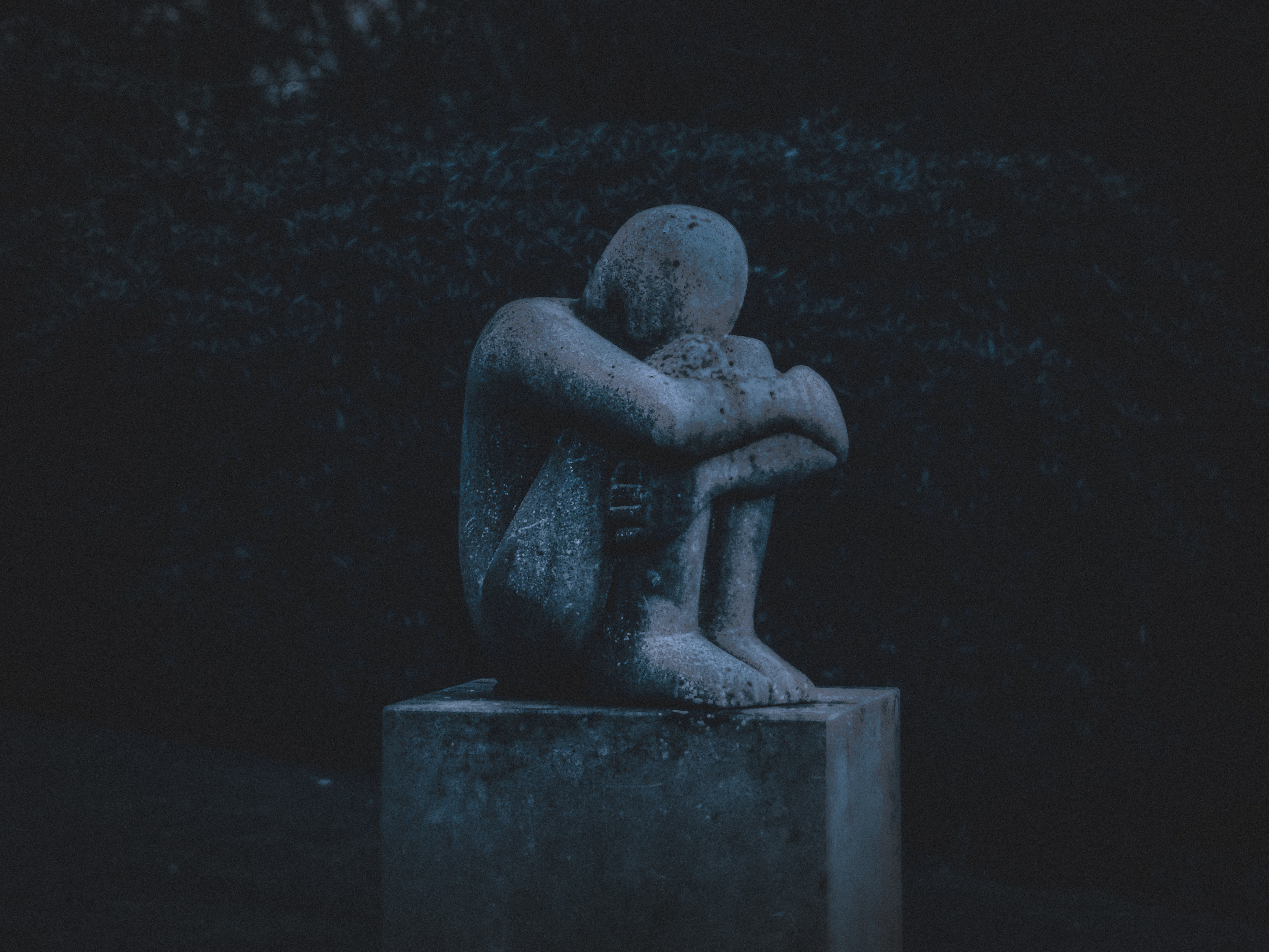Shock, Anger, Fear and Grief: Abortion Rights in Clinic
-
-
Julie Bindeman
How is the upending of Roe v Wade impacting the psychological health of women? In the first of two posts ahead of PESI UK’s Women’s Trauma Summit 2022, reproductive psychologist Julie Bindeman reflects on how the decision to limit abortion rights in the US has reverberated in her clinic, including among clients not ‘directly’ affected by the landmark decision – from the ratcheting up of existing anxieties to the awakening of new fears.

In June of this year, a stack of papers were handed down that would reverberate and impact the lives of Americans: the Supreme Court of the United States ruled in the Dobbs decision that put the right to an abortion back in the hands of the States, rather than being a Federal right as it had been for nearly 50 years. The response was expected: mostly outrage on the part of the populous (where 69 per cent support the right to abortion) while abortion abolitionists argued that this wasn’t restrictive enough.
Women's Trauma Summit 2022
Learn women's trauma treatment methods from the world's leading experts
In my own practice, I braced myself, for as a reproductive psychologist, I knew that this would be topical in every session I had. What I did not expect was that my clients that were no longer in their reproductive prime had so many feelings about it: both cisgender men and women alike (for my trans clients, there were the more concrete concerns about the lifesaving medicine they take, testosterone or estrogen, continuing to be available). They were shocked at the regressive nature of overturning this law. Whereas the Supreme Court had previously overturned laws (such as laws that protect segregation), those were seen as progressive moves.
In session after session, I heard about outrage, anger, powerlessness, helplessness, and rage. There was fear about what might come next in terms of marriage equality: a relatively new protection. Fear trickled down to contraception being another piece that might be restricted, as it had been upheld by the concept of privacy, just as Roe had been. I live in a fairly progressive part of the United States, so I knew where my clients tended to stand politically (especially after surviving the 2016 election results with so many of them). The concern was not for themselves – as I mentioned, these were either men that weren’t directly impacted or women past their reproductive years – there was concern for their nieces, friends, and scores of strangers.
Those early weeks after the decision came down was a time of grief. Obviously, my reproductive clients were also impacted. Those that had terminated wanted pregnancies were well aware of how fraught abortion was prior to the decision. Those that were undergoing IVF had fresh concerns about potential cryopreserved embryos that they were working so diligently to bank. The anxiety that already gripped these clients ratcheted up several notches, to a point where many felt it wasn’t useful to talk about it in therapy.
The sustained sense of anxiety in my clients has diminished somewhat as the one lever of power that they have approaches: voting. Yet the fear persists that so many of their fellow Americans – and the wider world, too – will forget about Dobbs and the dystopian future that a national ban creates. Balancing the determination, hope and understandable fear has become a tightrope that I assist with in so many sessions, and will, I imagine, in many yet to come.